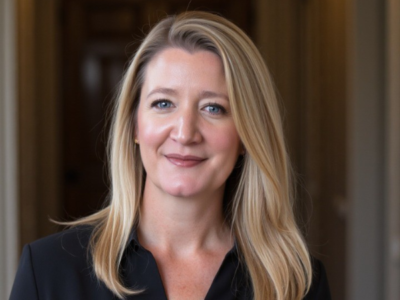Antonio WolffMikala EgebladAntonio C. Wolff and Mikala Egeblad were named co-directors of the Breast and Gynecologic Cancer Program at Johns Hopkins Kimmel Cancer Center.
Joseph Contessa was named chair of radiation oncology for Rutgers Cancer Institute, Rutgers Robert Wood Johnson Medical School, and Rutgers New Jersey Medical School. He will also serve as associate director for translational research at Rutgers Cancer Institute.
Jaime LaMontagne was appointed chief marketing officer of Astrin Biosciences.
Alan KormanAviv RegevJeffrey C. RathmellThe Cancer Research Institute announced the 2025 recipients of the William B. Coley Award for Distinguished Research in Basic and Tumor Immunology and the Frederick W. Alt Award for New Discoveries in Immunology.
The Society for Immunotherapy of Cancer has announced the recipients of the 2025 Annual Awards.
The U.S. Department of Defense Prostate Cancer Research Program has awarded the Data Science Award and a $1.2 million grant to researchers Charles Gaber, Natalie Reizine, Todd Lee, Lucia Petito, and Jessica Islam.
The Leukemia & Lymphoma Society is becoming Blood Cancer United on August 28 in advance of Blood Cancer Awareness Month in September.
The University of New Mexico Comprehensive Cancer Center opened a specialty clinic to treat skin cancers and soft tissue sarcomas.
Yi Rong was appointed editor-in-chief of the American Association Of Physicists In Medicine’s Journal of Applied Clinical Medical Physics by the AAPM board of directors.
Shane Jacobson was appointed CEO of the American Cancer Society and the American Cancer Society Cancer Action Network.










